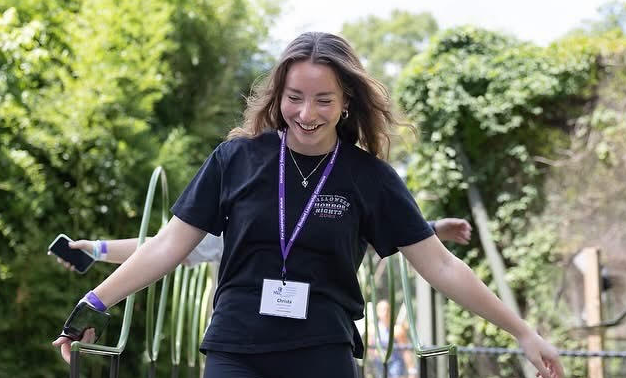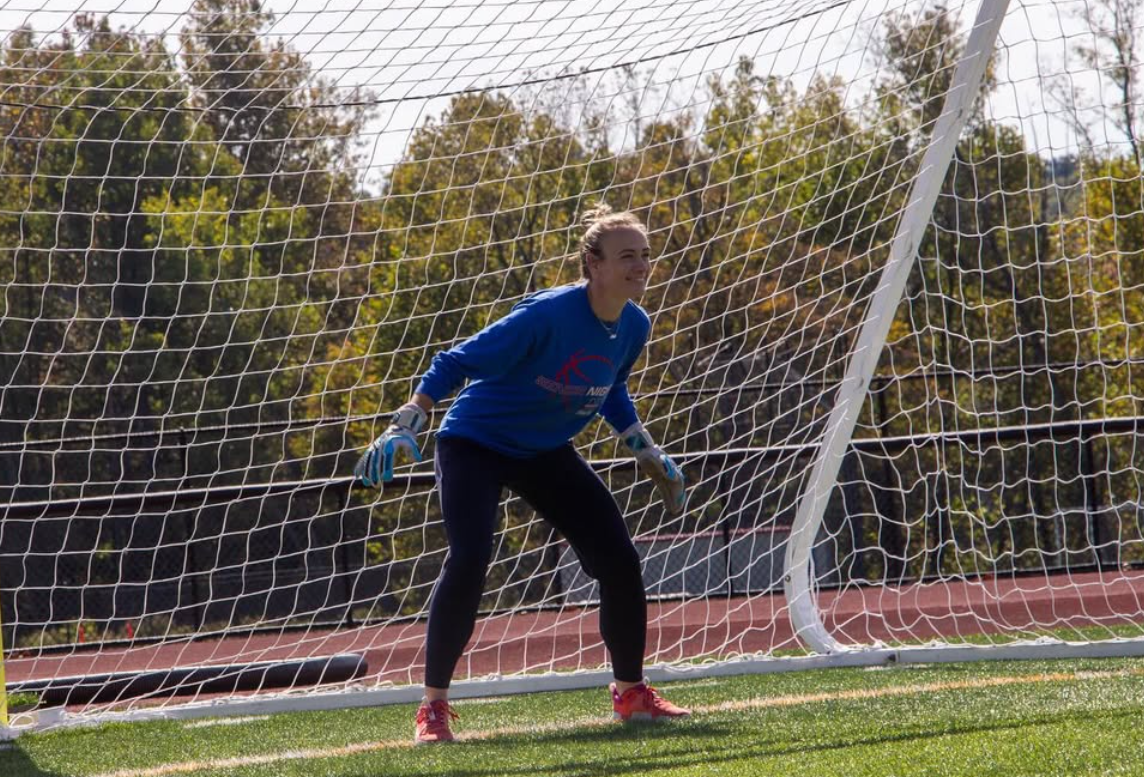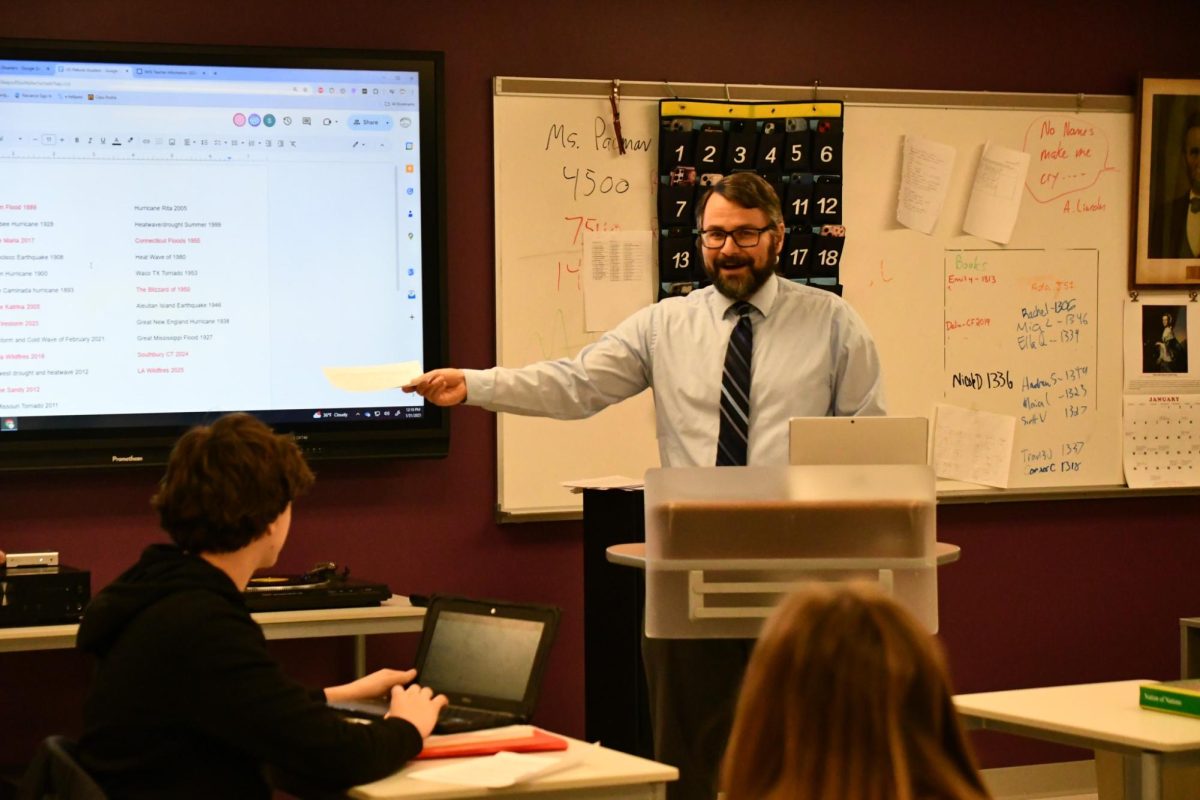WOODBURY — There are only a few key thoughts on students’ minds during the summer: eat, tan, sleep, repeat.
This is exponentially different than thoughts during the school year, and this more relaxed mindset has earned itself a specific name from teachers and schools alike— the notorious “summer slump.”
“Summer slump [or] slide is the regression of skills that students experience when they take a break from actively learning in the summer,” Region 14 literacy interventionist Darcy Lockwood said. “It’s a very real and distinct learning loss that all students experience that can be significant — there’s research that says that students can lose about 20% of what they learned during the school year.”
The switch from actively learning to actively avoiding learning happens for a lot of reasons. Nonnewaug sophomore Karli Brandt explains what she thinks contributes to this.
“There’s just so many things to focus on during the summer,” Brandt said. “For me, a big thing is summer soccer and making sure I’m training and getting ready for the real school season. Even though I read a lot, I’m definitely more interested in my sports and being outside versus academics over the summer.”
Nonnewaug assistant principal Nicole Lewis puts summer slide into terms any athlete, like Brandt, can relate to.
“Think about it like you’re an athlete: If you didn’t train for a long time and then you tried to run a mile, it’s hard because you’re deconditioned,” Lewis said. “The same thing happens to your brain in that if you don’t flex those brain muscles for a long time, then you end up having that same deconditioned response.”
Although this slump during the warmer months happens to the majority of students, Lockwood does see occasional exceptions.
“The students who have the most success at the start of the school year are those who have done the expected summer reading and more, worked with tutors, or even taken classes,” Lockwood said. “I have had students who set aside study time each day and completed workbooks/SAT prep books all summer, studied foreign languages every day on apps like Duolingo, and volunteered or got paying jobs that had them using science and math skills all summer. There are many ways to keep your brain learning and practicing skills when you aren’t in school.”
These apps and websites are good resources to combat the slump, but using them randomly and without consistency limits the effectiveness.
“If you figure out what is important to you and find ways to consistently practice the skills that you need to do well in whatever that is, you’ll be successful,” Lockwood continues. “Setting actionable goals and keeping yourself accountable will make a difference. To combat significant summer slide, students need to set personal goals and do the work to meet those goals.”
With all this in mind, not everyone will follow through with these tactics — after all, summer is the period of relaxation that students wait for all year.
Those who do follow through might be more successful, and those who don’t might be worse off, but no matter what the summer slump will live on.
“It’s exactly like that saying,” counselor Stephanie Gutierrez said, “‘if you don’t use it, you lose it.’”












svito80 • Sep 15, 2024 at 6:22 am
Great article!